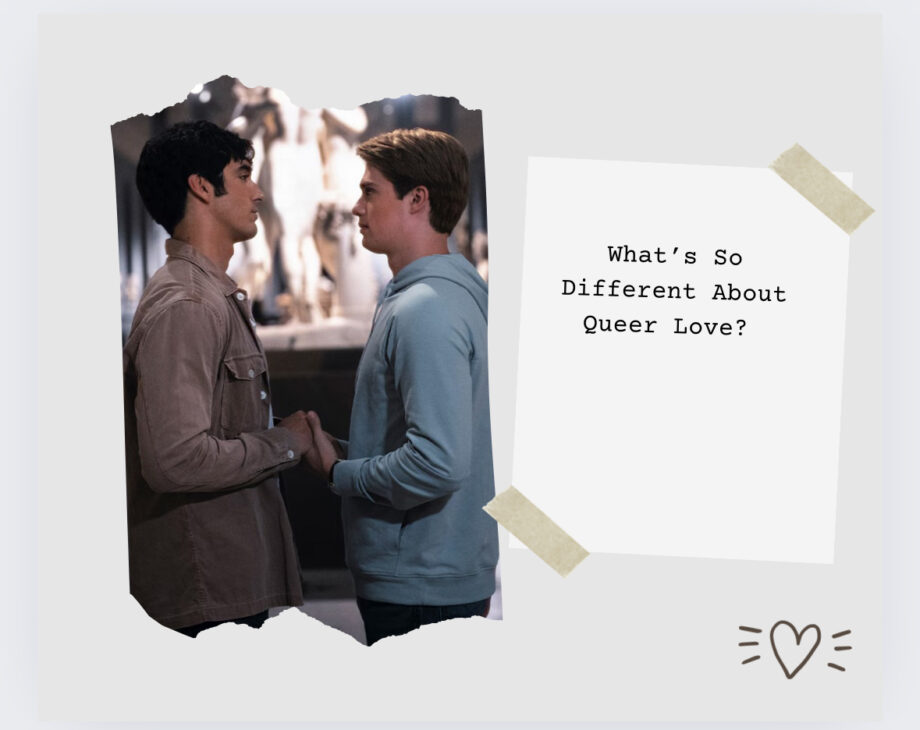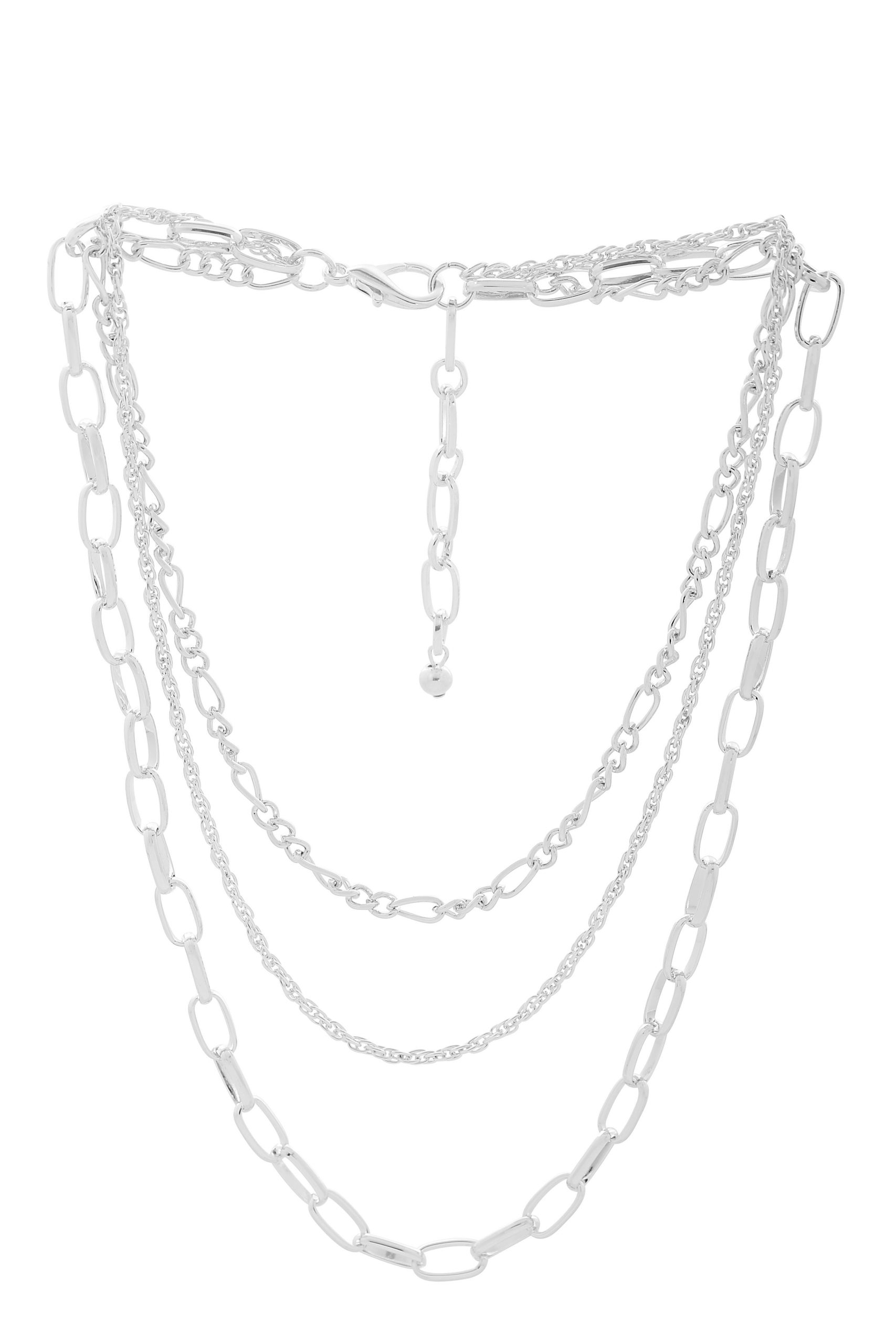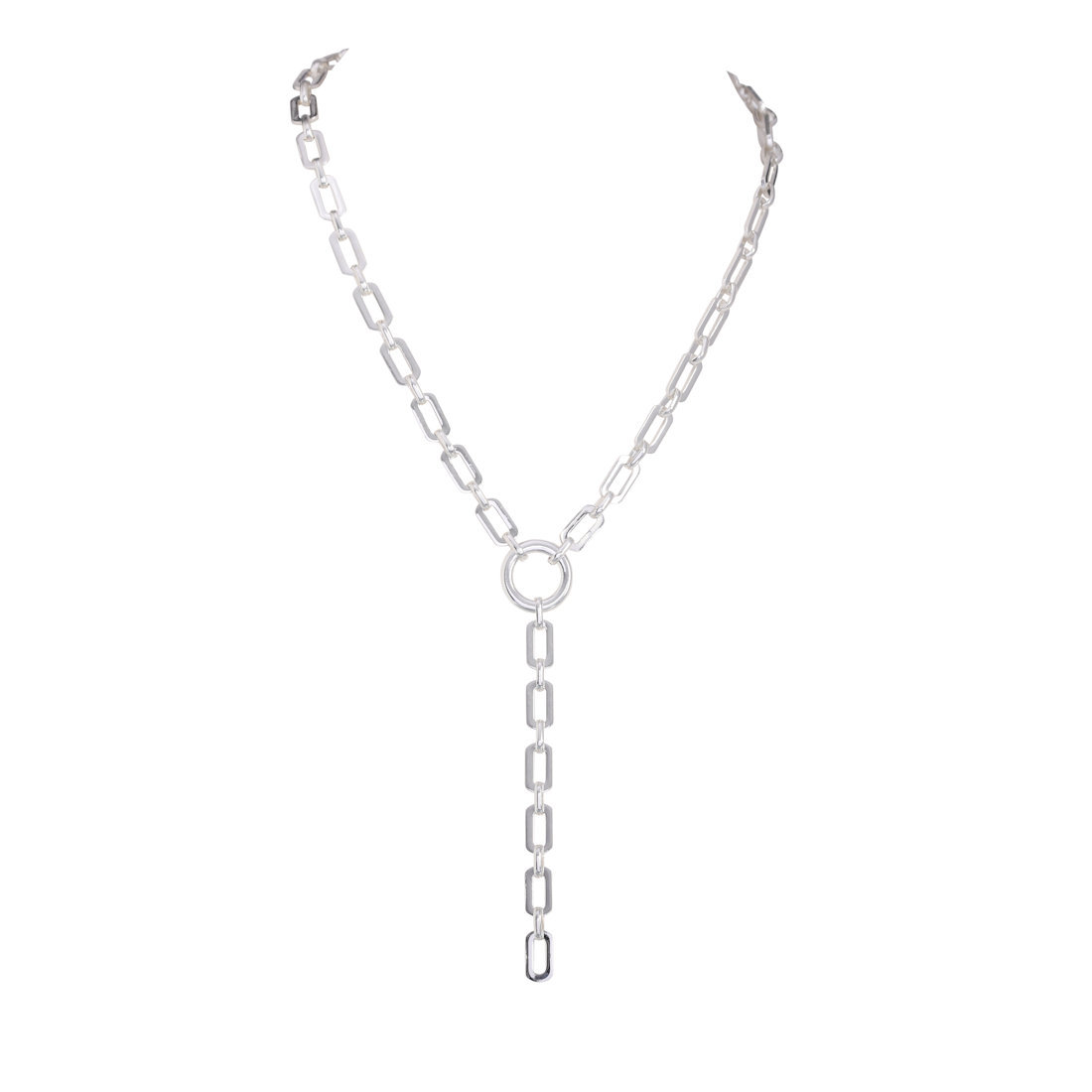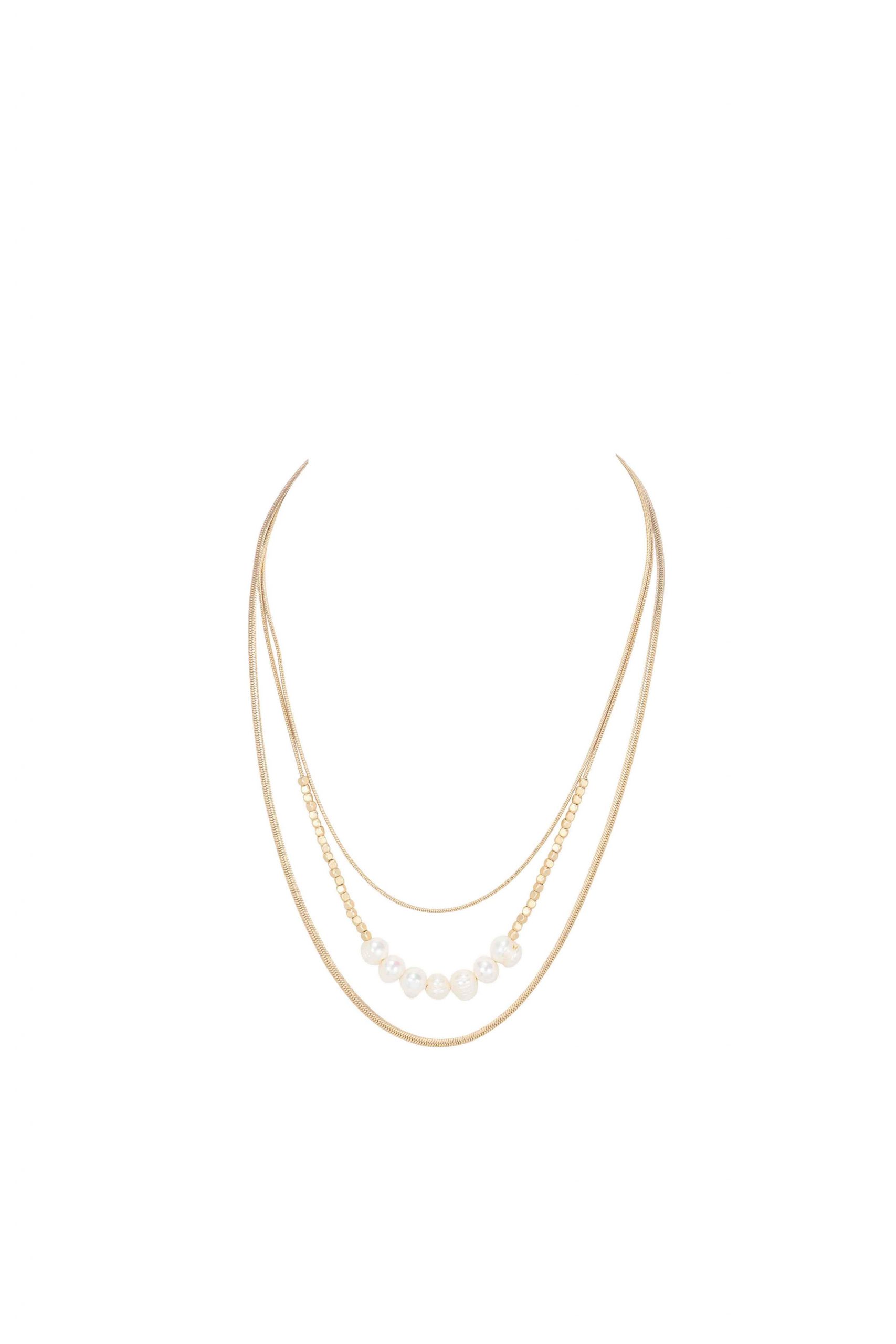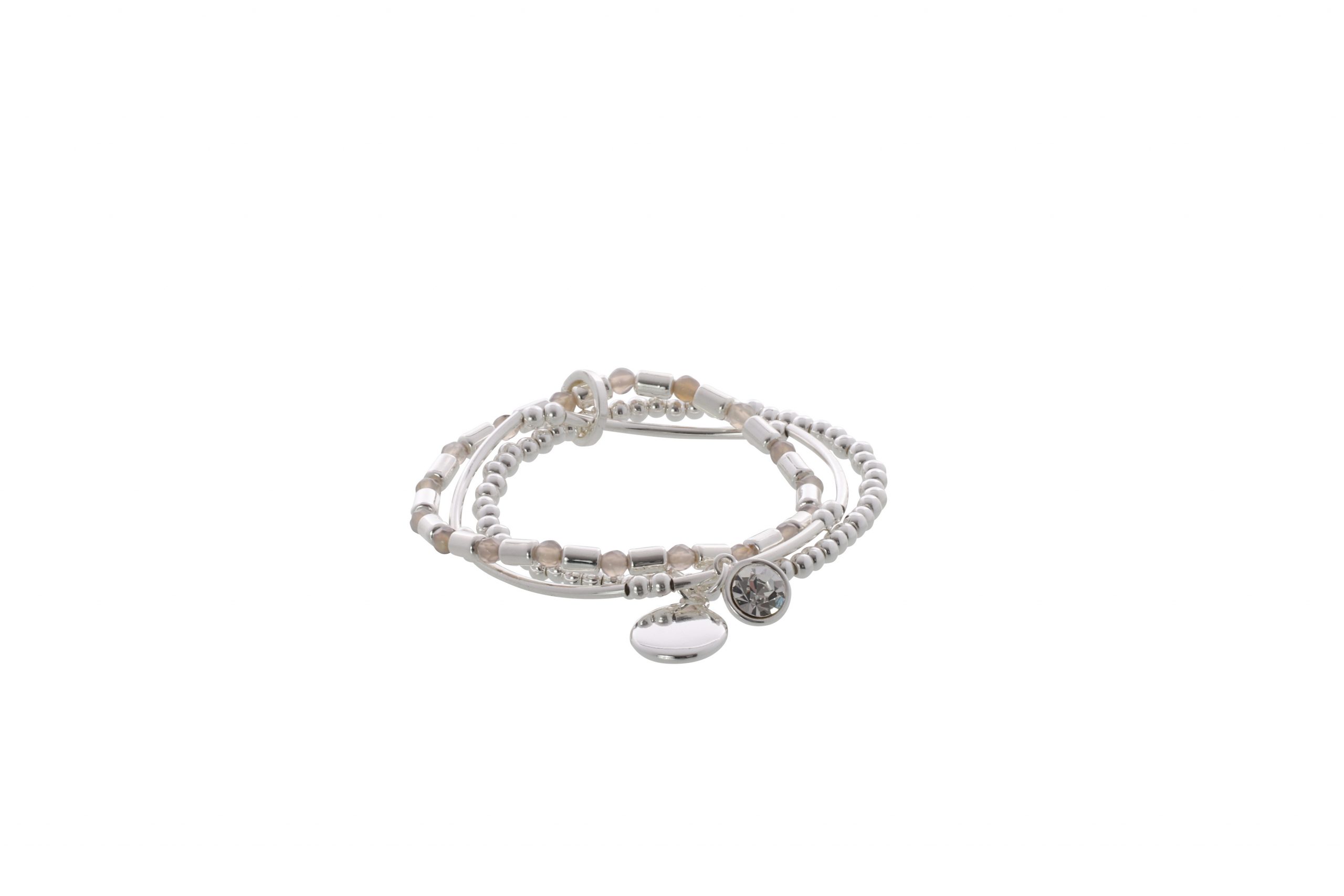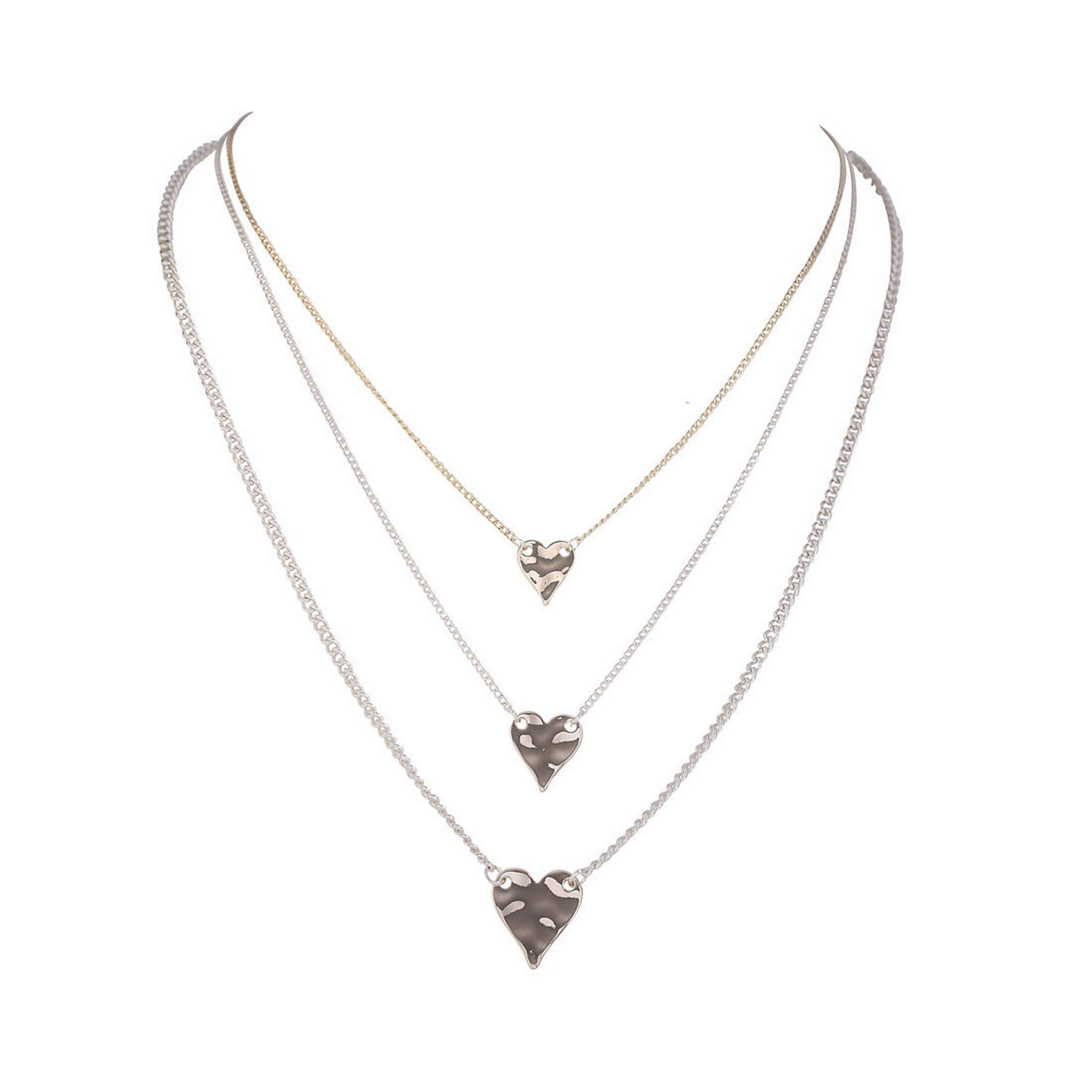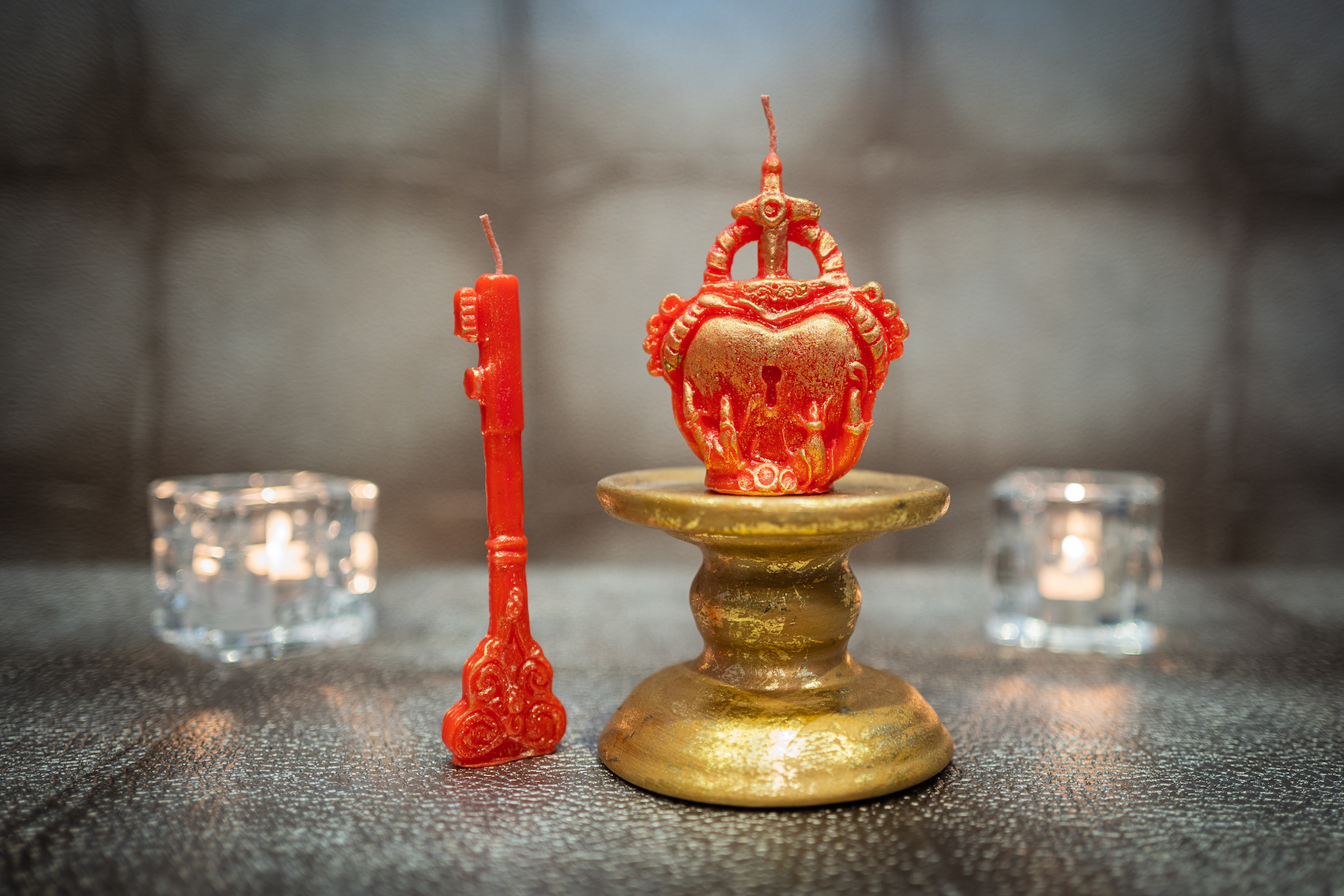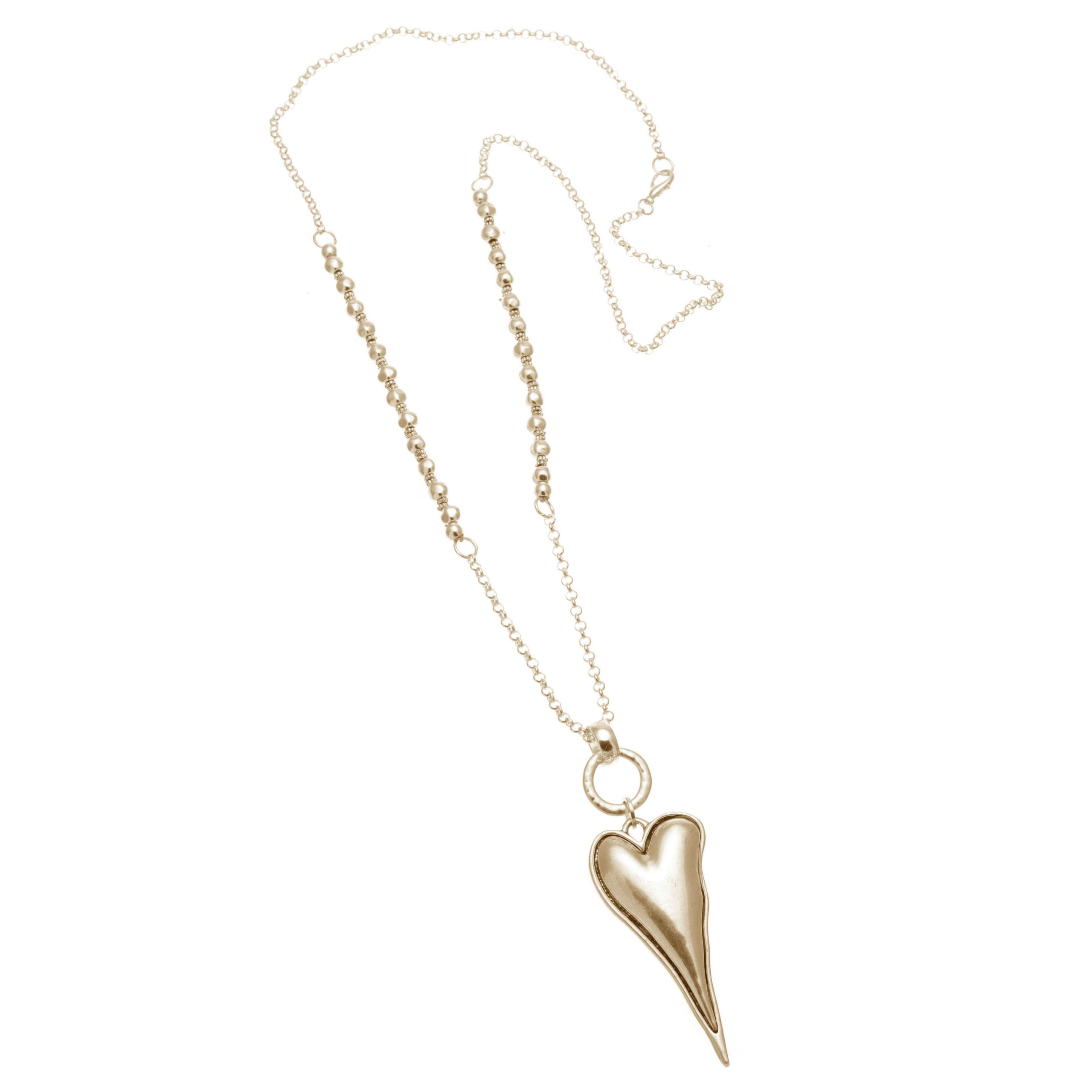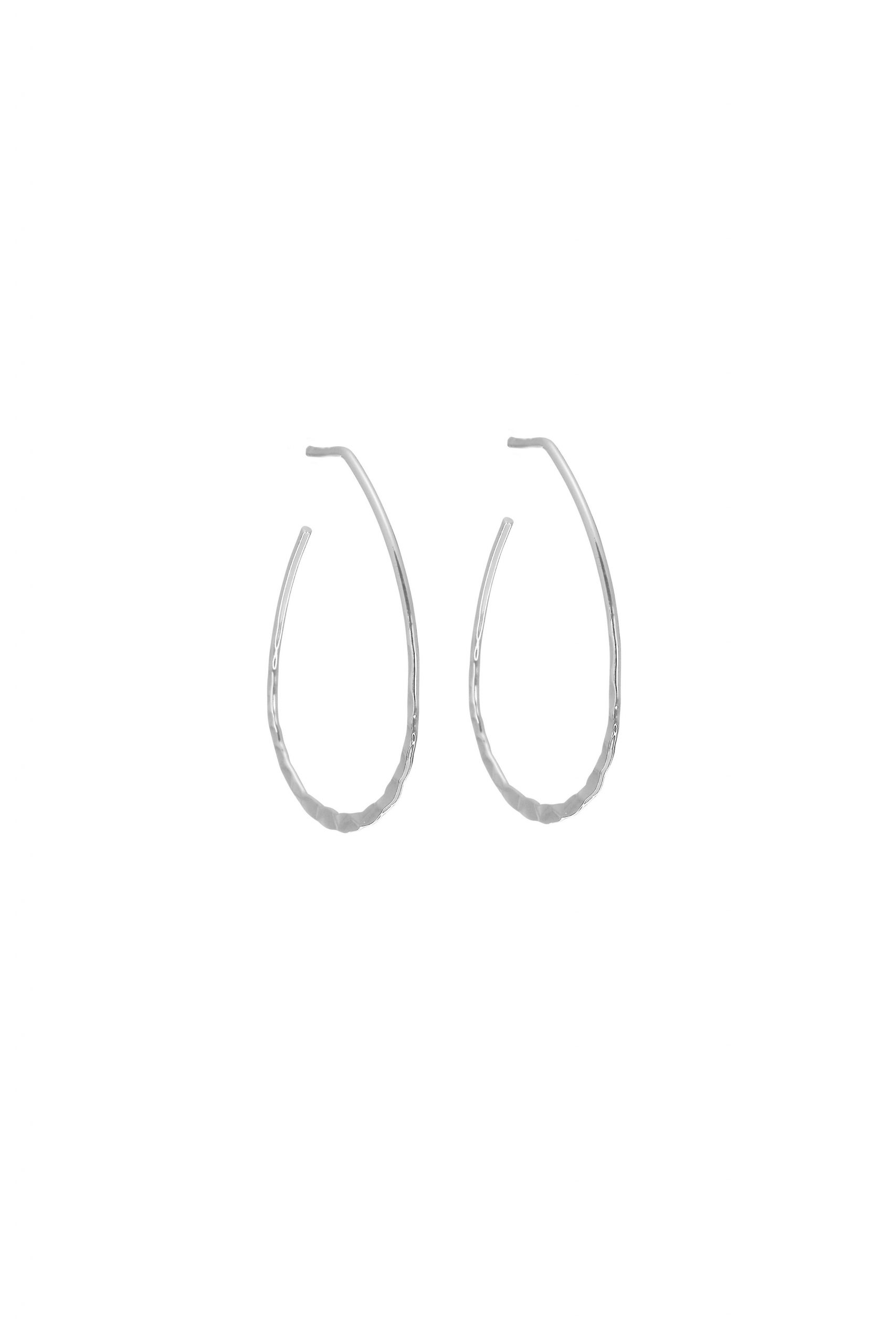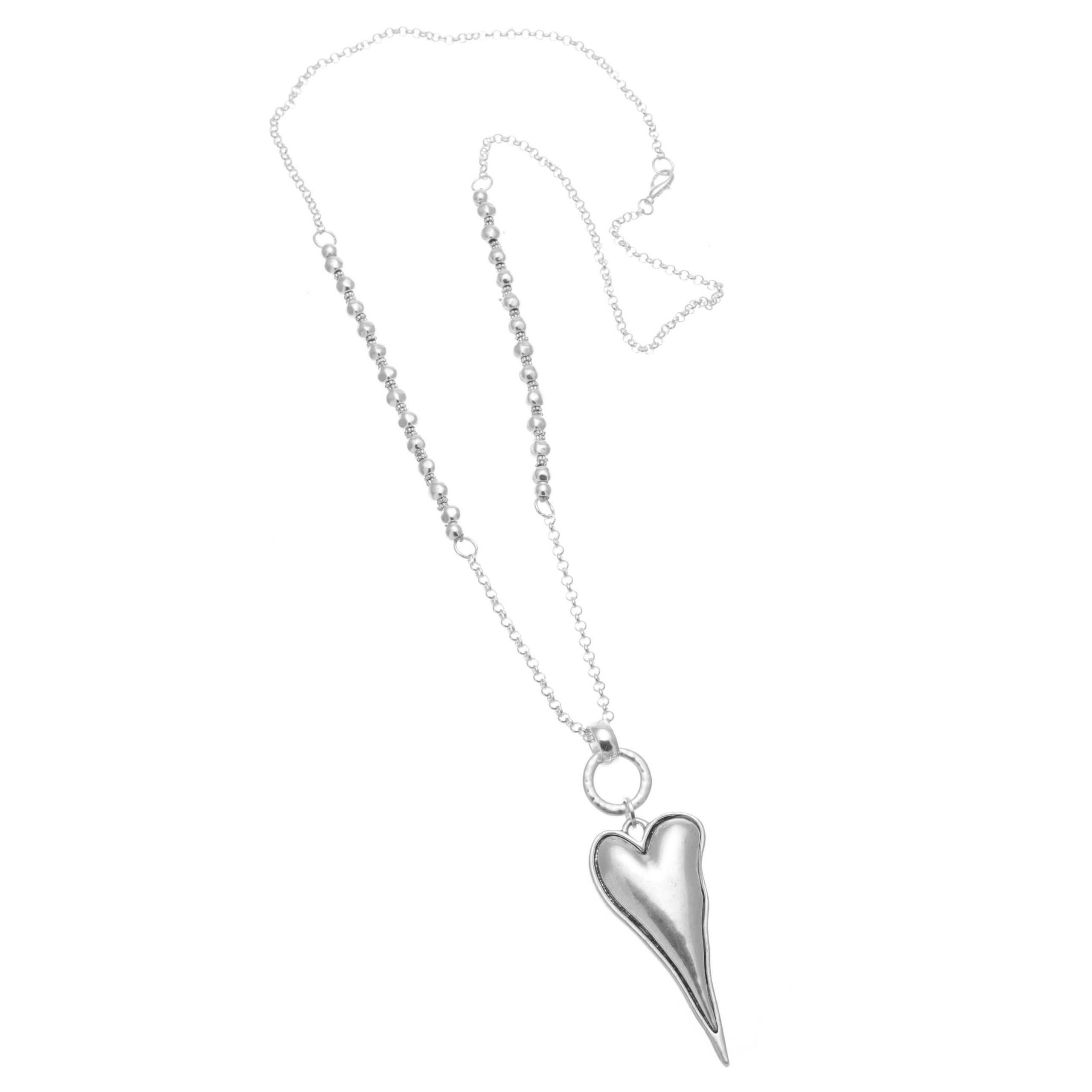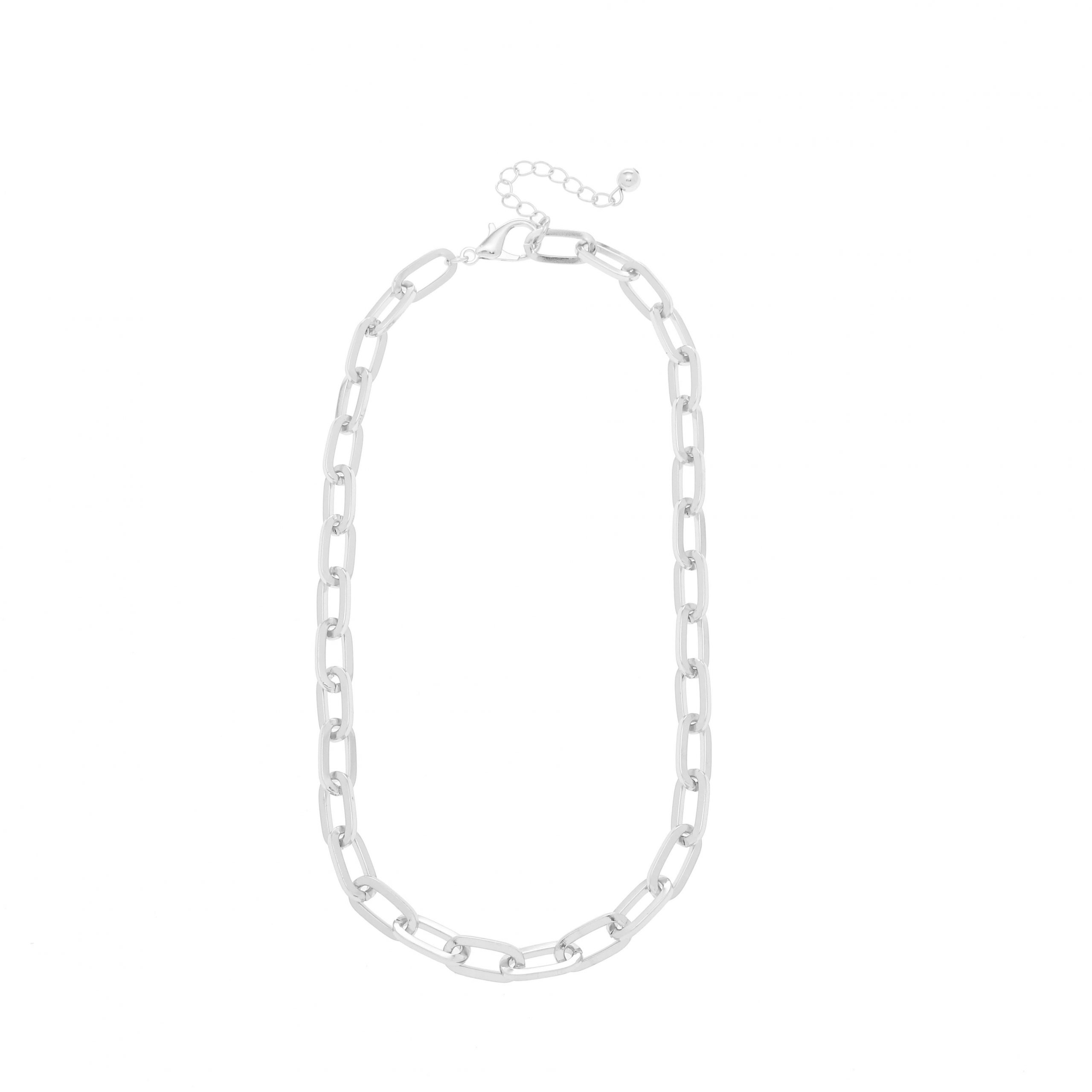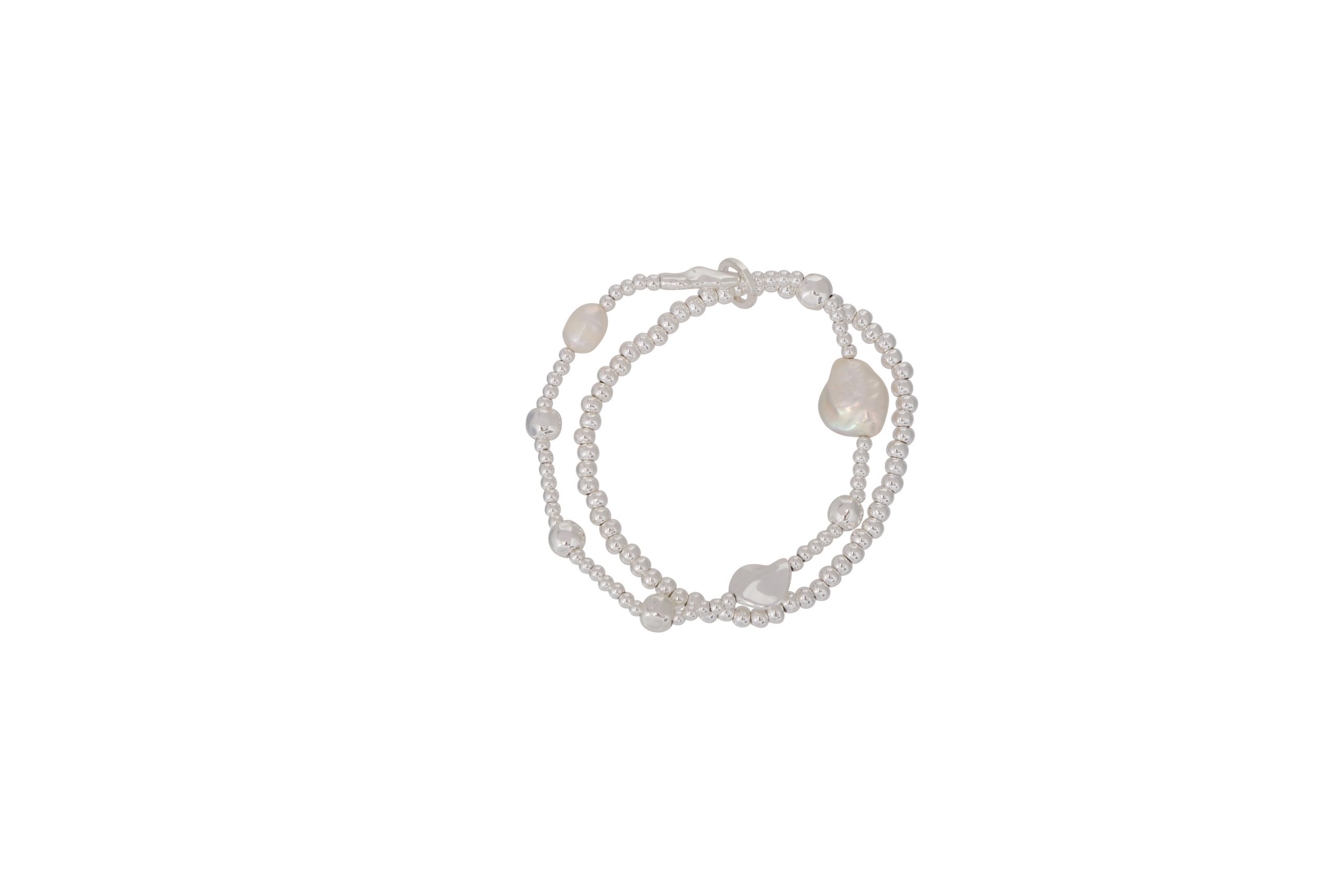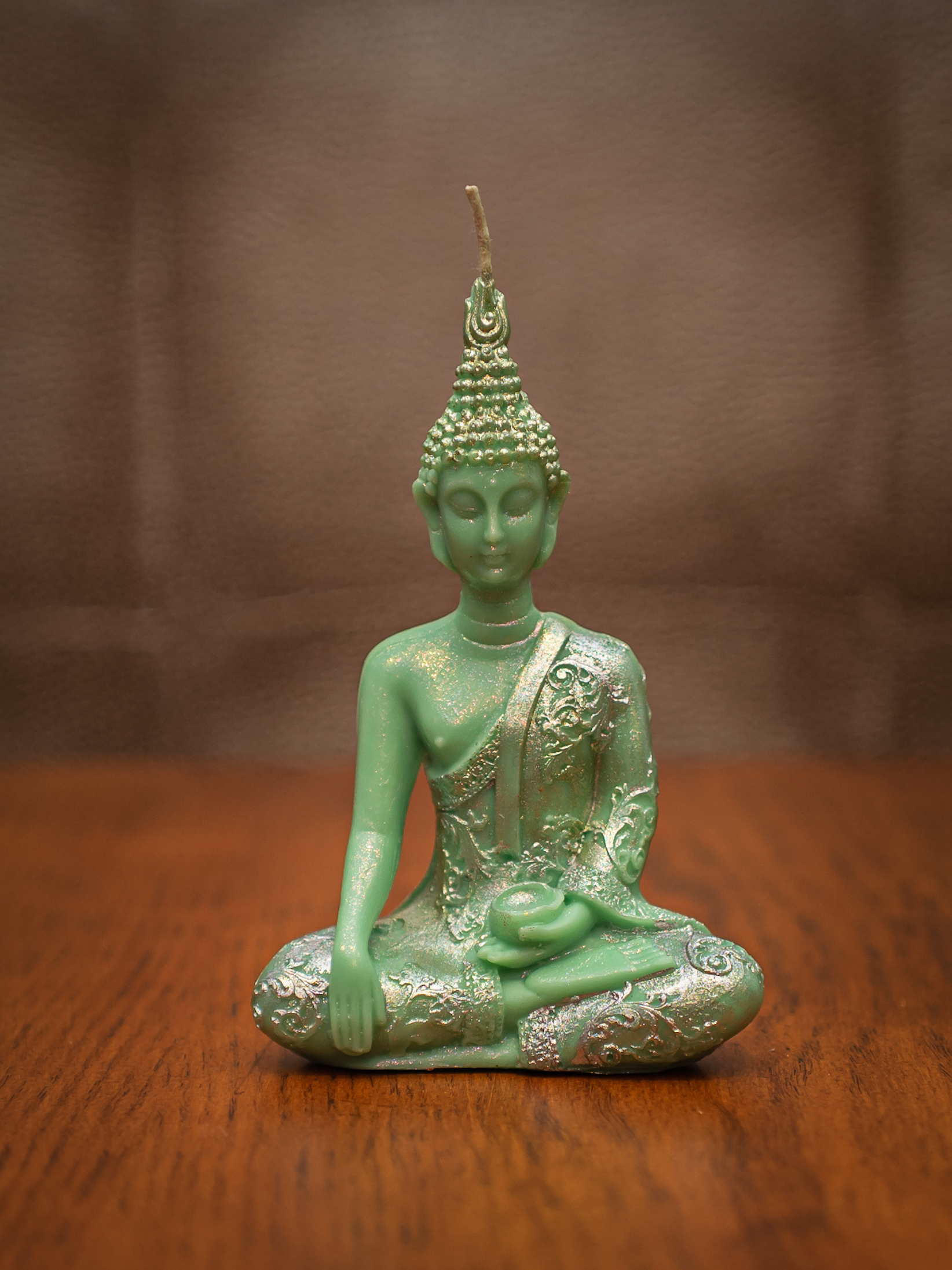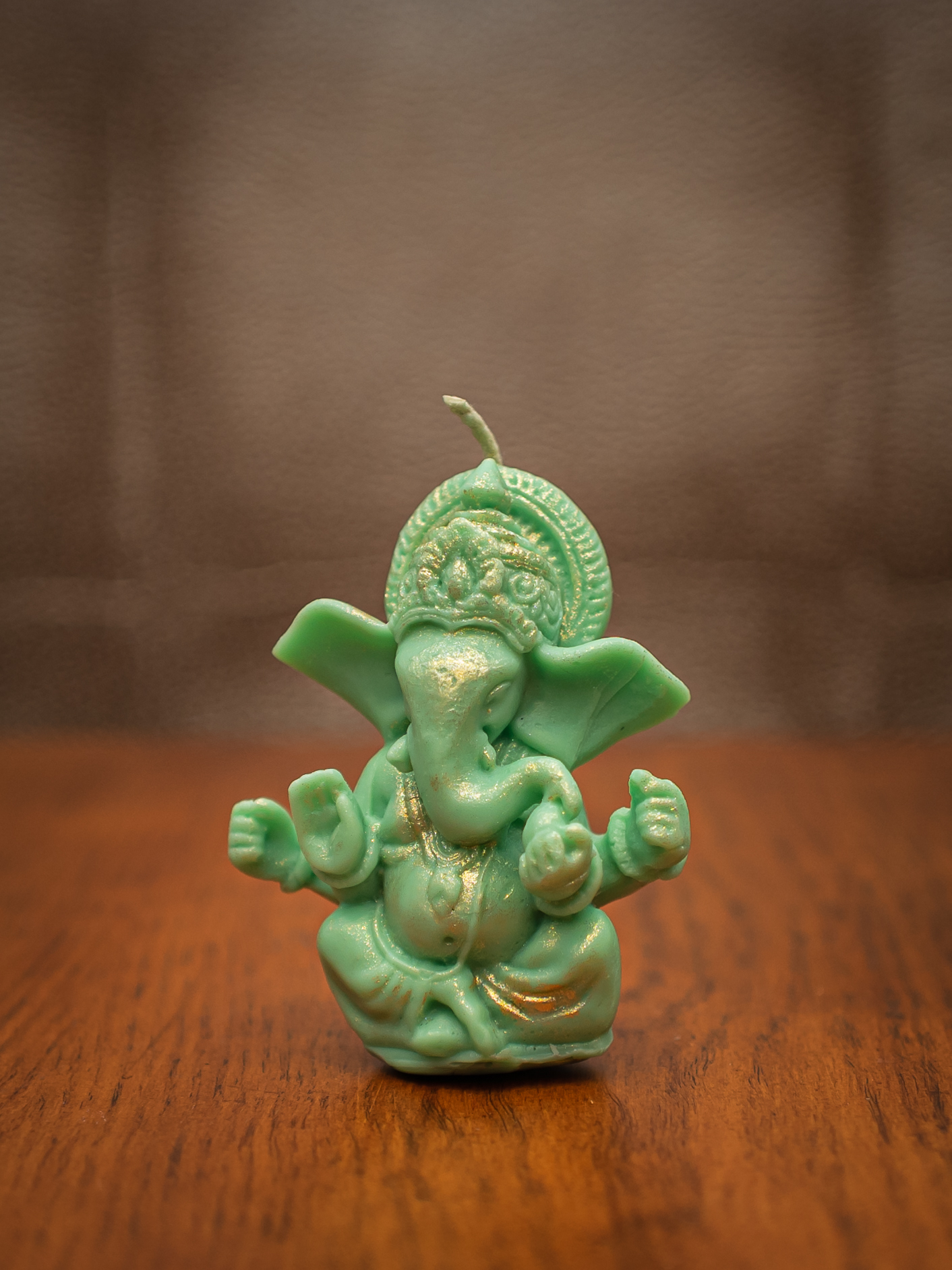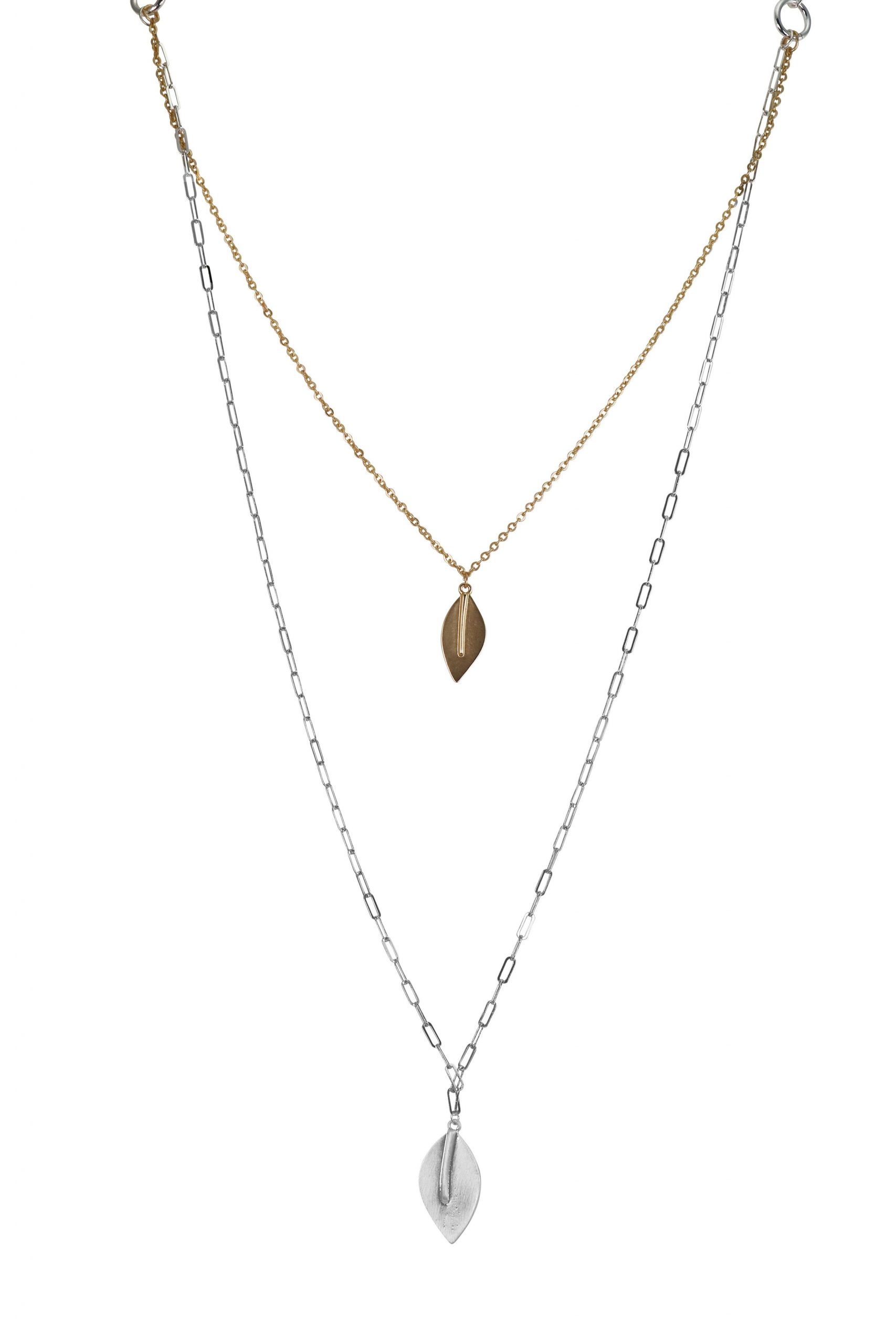Nicholas Galitzine is an up-and-coming young actor who’s been making a name for himself in recent years in the movie industry. Though he’s been working as an actor since 2014, he’s only now getting the recognition he deserves with the release of movies that are ‘The Idea Of You’, a movie we’ve been talking about for the past 3 blog posts, ‘Red, White, & Royal Blue’, a movie about queer love between a British Prince and The First Son of the United States, ‘Bottoms’, and the acclaimed limited series, ‘Mary & George’. All 4 projects had been released within 1 year. His other notable credits include 2021’s ‘Cinderella’ and 2022’s ‘Purple Heart’.
And though we’ve been discussing his and Anne Hathaway’s new movie, I think it’s time to step away from it, at least for now, and talk about ‘Red, White, & Royal Blue’, which is getting a sequel, and the impact that it’s made. The 2023 rom-com, based on the 2019 novel of the same name by Casey McQuiston, centers Prince Henry, played by Galitzine, a very-much closeted Prince of England, and Alex Claremont-Diaz, played by Taylor Zakhar Perez, having to hide their love from the world for the fear of not being accepted. They start out as enemies after a misunderstanding and miscommunication that led to a years long feud. Once they’re reconciled, they actually become friends and form a bond, which turned into a connection much deeper than that.
Alex and Prince Henry agree to keep their relationship a secret from the public, for as to not out Henry. They even agree to keep things casual; no strings attached. This particular plan doesn’t end up working for them, though, as they do end up falling in love, and they have a very tender, loving relationship. As Alex is about to tell Henry he loves him, Henry interrupts the moment and leaves back to England without saying a word to Alex. In turn, after being ghosted by Henry for at least a week, Alex travels to England to talk to Henry; to come face-to-face with him and talk things over. Henry then realizes he can’t compress and fight his feelings any longer, and that was when they both confess their love for one another.
No matter how hard they tried to hide their relationship, Alex and Henry’s emails get leaked by a reported with whom Alex had a previous fling. As he comes out to the public, he says to the public, ‘The forced conformity of the closet cannot be answered with forced conformity in coming out of it.’ All I could think to myself as I watched that scene was, ‘YES! That’s what the entire movie is all about!’. Someone’s personal life shouldn’t define them as a person. In ‘Red, White, & Royal Blue’, we see Alex attending Law School. Henry is also very smart. He reads a lot and plays the piano. These are some of the things that we should be judging people by and basing our opinions rather than by who they love.
The movie came out in August 2023, during the SAG-AFTRA strike. It didn’t much promotion, and the actors couldn’t have their promotional tour to talk about the characters that they played. That was until this month. First there was the two-day screening of the movie with Q&A’s with the fans, which was also where the sequel was announced. The movie was also recognized by GLAAD Awards for being a queer fan favourite. And most recently, that was followed by two interviews that Nicholas Galitzine and Taylor Zakhar Perez did separately. First, there was Galitzine and his interview with GQ. During the interview, he was asked whether he’s had to deal with people conflating him with his characters.
‘I think I have. I identify as a straight man, but I have been a part of some incredible queer stories. I felt a sense of uncertainty sometimes about whether I’m taking up someone’s space, and perhaps guilt. At the same time, I see those characters as not solely their sexuality.’
Taylor Zakhar Perez did an interview with Men’s Health, where, even though the interview was about him, his character, Alex, and his career overall, he made his feelings known about his disappointment in Galitzine’s interview.
‘Cate Blanchett said something, ‘We must fight to the death to suspend disbelief.’ And that just always stuck with me, because if you’re watching a film and there’s nothing outside the room that matters, the actors are doing their jobs.
Nicholas was just asked the other day about his sexuality, and I just find it so rude. It’s unprofessional and no one’s business. That’s someone’s personal life.
And so I’m grateful to be part of a project where, yes, it is a love story, but again, it’s not the sole focus. These people have robust, full lives. They’re educated. Alex is in law school. Henry is crazy smart and he’s a prince, and his sense of duty is unparalleled. The less people focus on sexuality and see what these people are capable of, that’s when we’ve created real change.’
That right there just summed it all up, and it’s safe to say that whoever was interviewing Nicholas Galitzine for GQ didn’t actually watch ‘Red, White, & Royal Blue’ to begin with. When defining someone, anyone, people focus too much on what they are rather than on who they are. Sexual orientation is just one aspect. There’s also disability, gender, ethnicity and status. And who’s to say that actors can’t play anyone that’s not like them. Isn’t it why it’s called acting in the first place? Galitzine and Zakhar Perez did a phenomenal job at playing gay characters, and everyone loved them. So much so that a sequel’s in the works. Heath Ledger and Jake Gyllenhaal broke grounds with their portrayals in ‘Brokeback Mountain’. Anne Hathaway played a character who had Parkinson’s, and then a character who had Bipolar. And let’s not forget the fact that Kevin Spacey played a character who had cerebral palsy.
The world would be a much better and safer place if people weren’t judged by their age, gender, colour of their skin, sexual orientation, and disability. No matter the case, however, judging is the very first thing we do when it comes to anyone. It’s just in our nature. I’m guilty of it, and others are guilty of doing it to me too. They’re guilty of judging me based off of 3 factors – me being a woman, me being disabled, and me being a disabled woman. They not only judge me, they make assumptions and baseless comments off of it as well. To say that it’s a world filled with bullies would be an understatement. I can honestly say that because of this nature, I don’t have too many friends, nor do I have too many people I can count on.
I get judged all the time. Assumptions are made about me all the time. I’ve written a lot about how my father-in-law has judged me and made assumptions based on the fact that I’m disabled. He probably doesn’t see me as a woman because that would be beneath him. All he’d ever done since he the day he met me 12 years ago up to now is make assumptions about me based on my disability, particularly, cerebral palsy. He said things like I wouldn’t be able to obtain a post-secondary education, I wouldn’t be able to work, I wouldn’t be able to clean, or cook, or take care of the household. He said I wouldn’t be able to bear children, nor take care of children as a mother should. He said if my husband were to stay with me, he’d end up being my caretaker as I’d be in a wheelchair by the time I’m 40.
Everything he said I wouldn’t do, I did, And I didn’t do any of those things to prove anything to him, nor to anyone else for that matter. I achieved those things because those were just parts of my life that I wanted – needed – to achieve to prove to myself that I could. With that being said, what he thinks of me now and what his assumption of me now is really none of my business. In fact, what anyone thinks of me is none of my business. That’s with the exception of my son. Anything I do in my life now, and everything I achieve, is for my son. To anyone else, I’d say, ‘Take me or leave me.’ My father-in-law wasn’t the only person in the world who thought those things about me and said them loudly. He was just the only person that I was forced to keep in my life until he became too toxic to keep around, and for the sake of our family, he had to be cut out of our lives completely. One thing abut him is for sure – my thoughts and realism of what it means to be disabled is different than his, and I only want my son to witness MY realism of disability rather than his. I want my son to witness disability through me without having someone like my father-in-law be the one to tell him otherwise.
Being judged for being a woman and disabled is almost like a norm. These are two factors that not one person could ever hide about themselves. More specifically, you can’t hide being a woman who has cerebral palsy. Someone’s ethnicity and status is also something that can’t be hidden, although some might argue that those can be lied about. In my case, it’s me being a woman and me being disabled that can’t be hidden. I’m always flattered when someone tells me that they only notice my cerebral palsy after I tell them. That means that they see me for the person that I am rather than my disability, which is the type of people I want to have around me. The two best scenarios I ever experienced was when, after knowing me for some time, a friend, who previously worked as a camp counsellor at a camp for kids with cerebral palsy told me that people with cerebral palsy didn’t have an easy life, and more recently, when I told a friend of a friend of my cerebral palsy, he looked at me and said, ‘I know palsy, and you’re not it.’
These two instances were very small, but they were certainly important to me. They made an impression on me. They made me believe in humanity. It makes me believe that I’m setting standards that too high. Having people around you that see you what WHO you are rather than for WHAT you are isn’t asking for too much. All I ask is to have people around me who see me the same way that I see myself. I’ve met plenty of people throughout my lifetime who had the same thoughts of disability just like my father-in-law. But it’s not just about him or people like him. It’s also about people whose goal by being around me is to feel like they’re helping me or saving me. The fact of the matter is I don’t need to be saved, helped, or changed. I’m disabled, but it doesn’t mean I’m unhappy. If I need help with any task, I won’t hesitate to ask you for help. But asking if I need help putting on a lip-gloss is a bit too much for my liking.
Being judged for being disabled is one thing. Being judged for your sexuality is another. People’s perceptions of you suddenly change and shift, and not for the better, once they find out you might love someone who is of the same gender as you are. For me, personally, it makes a lot more sense to be judged for my disability than for my queerness. Years ago, when I was still using social media for personal use, my Facebook account got hacked, and someone wrote on my ‘wall’, ‘I’m a lesbian’ as though I wrote it as a status update. Someone I thought was my friend went around to anyone who’d listen and gossip about the ‘news’ about my sexuality. ‘Did you hear about Stacie being a lesbian?’ He’d say while laughing his A$$ off. But he went around to the wrong people, because the only one response he’d get from anyone is, ‘The only person that should care is her boyfriend.’ That one person who claimed to be my friend was the one person who judged me for something that didn’t even concern him. How would my choice of who I love affect him or his life? It wouldn’t, and him attempting to gossip about my sexuality and attempt to laugh about it with others is how I know that this particular person was never my friend in the first place. At least being judged and laughed at for my disability makes more sense because not everyone out there is meant to be friends with someone who’s disabled. Not everyone is empathetic enough for that.
Queer love is seen as something that’s very different than a love between a man and a woman. It’s even evident in ‘Red, White, & Royal Blue’ being rated R. It’s only rated R because there’s a sex scene between Nicholas Galitzine and Taylor Zakhar Perez’s Prince Henry and Alex. I watched the movie, including THAT sex scene. It wasn’t even a sex scene. It was literal love making. It was sensual. It was beautiful, and if it were a man and a woman, the movie would’ve been rated PG-13 at most. ‘You Americans are very sensitive,’ Galitzine told The Associated Press before his co-star interjected, musing about what he perceives to be a double standard. ‘You can point-blank shoot someone and it’s PG-13,” Perez said. “If you have queer romance on screen, it’s rated R.’ And because he did press for ‘The Idea Of You’ and ‘Red, White, & Royal Blue’ close together, Galitzine opened up about the similarities between his two characters. ‘I find people who are trapped by circumstance really interesting. People may be thinking they’re one way, but not really sort of knowing their inner qualities and thoughts. I think that’s kind of been a recurring thing I’ve found quite interesting over the years.’ This just goes to show that Galitzine’s characters in ‘Red, White, & Royal Blue’ and ‘The Idea Of You’ are really not as different as people might think, with the exception of who they chose to love.
Queer love is just like any other love. The only difference is that when choosing our partners, we look at the person to their entirety rather than their body parts. I might not be a lesbian like my Facebook status implied, but I am bisexual. The thought of not being accepted by my peers for the person I choose to love is heartbreaking. What’s even worse, though, would be to not be accepted by family. ‘Red, White, & Royal Blue’ did a good job at telling the stories of two different tales when it comes to queer people coming out to their families, and what an effect it has on them. Alex’s family is very loving and accepting of Alex’s sexuality and his relationship with Henry. They even invite Henry to their family cottage to spend the weekend together. We don’t see much of Henry’s family throughout the film, but we know that the only person that’s accepting of his sexuality is his sister. When his relationship with Alex is made public, Henry’s grandfather and brother are anything but supportive and empathetic. His brother, in particular, doesn’t hide his embarrassment and disgust of having a gay brother.
When you don’t have the support of your family when choosing the person you love, you find comfort in others in your life, such as friends. Henry found comfort in Alex’s family. They made him realize that it’s okay to be gay and out in the open. They made him realize that people CAN be accepting and loving in spite of, and in a way because of, him being gay. Being with Alex ended up being the best thing for Henry because it forced him to stand up for himself against his family and the public. And it’s not just queer public figures that go through these pressures. Regular people do too. ‘Glee’ was a show that set a good example of how much family acceptance is important.
Though the main star of the show was obviously Lea Michele, who played Rachel Berry, it also included actors who played very important characters, such as Chris Colfer, who played the lovable Kurt Hummel, and the late Naya Rivera, who played Santana Lopez. Kurt is first afraid to come out to his dad for the fear of being disowned. But once he gets to courage to tell his dad of his sexuality, his dad accepts him with open arms and isn’t afraid to show his affection towards his son. Kurt’s father, Burt, always puts Kurt and his happiness before his own. It’s evident when he kicks Finn, his stepson, out of his house when he sees that Finn bullies Kurt in his own home for his sexuality. Santana, on the other hand, isn’t as lucky. Her family is accepting of her choices, but her grandmother, whose opinions seem to matter the most to Santana, is the one person in her life who has so much of a problem that she disowns Santana altogether. The bible’s view on gay people was more important than her granddaughter’s happiness. Santana isn’t known to be someone who’s a nice person. She has no issue whatsoever telling anyone exactly how she feels without having any filters in anything she says. She could be labeled as being ruthless, heartless, and having no soul. And she’s probably all those things, because she was disowned by the one person whose support she needed in her life. But no matter the case, her friends never judged her for her sexuality. On the contrary, they rallied around her when she needed support, and it’s thanks to the support of her friends that she got through that rejection from her grandmother.
If I were to compare my husband’s situation with anyone’s, I’d compare it to Henry’s from ‘Red, White, & Royal Blue’. No, we’re not a queer love story like Henry and Alex. But our love stories both include unaccepting family. I saw a lot of my husband in Henry; in how he was affected by his family’s unwillingness to support his choices. And I was the Alex to his Henry. My husband, just like Henry, found comfort in my family and his friends who supported our relationship; who saw us as two people in love and not a mistake. The fact that I’m disabled doesn’t make me less worthy. It doesn’t make me any less of a person. I’m a person that happens to be disabled. Alex said in his coming out speech, ‘I fell in love with a person who happens to be a man, and that man happens to be a prince.’ Just like Alex, my husband fell in love with a woman who happens to be disabled. And with that, my husband refused to live a version of his life that his father wanted him to live. He made his own version of happiness instead.
Now that I have my son, I can honestly say that I’m actually so grateful to have had someone like my father-in-law in my life. It showed me what role I don’t want to play in my child’s life as he grows older. When my son was born, I confronted my father-in-law for the way that he treated me, and all he said was that he was looking out for his son. But there’s a difference between looking out for someone and straight up abusing your son or daughter for the choices they make for themselves. I made a promise to myself that I’d never put my son in a position that my father-in-law put my husband in. I’d never make him feel like he can’t talk to me about anything; like he can’t trust me with anything. And I’d never make anyone he will fall in love with feel the way my father-in-law made me feel. And my husband is a much better father to our son as he has his own upbringing as the best parenting teacher. It’s a tale of exactly what not to do as a parent if he wants to have a good relationship with his offspring, and he wants it more than anything in his life. It’s because of my father-in-law that we’re both so motivated to be the best parents we can be to our son. So for that I’m most thankful.
‘Red, White & Royal Blue’ came out in August 2023. Absolutely no promotion was done for the movie as it came out in the midst of the SAG-AFTRA strike. And yet, it became the biggest hit of the summer. No one could stop talking about it. Everyone, even those who weren’t in the LGBTQ community, absolutely loved it. It’s a true testament to what a great storyteller not only the author, Casey McQuiston, is, but also the screenwriter and director, Matthew Lopez, is. The duo is now working together on bringing the script for the sequel to life. And not only that, but according to Zakhar Perez, McQuiston had asked him for his input and thoughts on where he thinks his character, Alex, is after making his relationship with Henry public. That’s a writer who actually cares; who sees her art as a team effort.
Queer love stories aren’t told enough. If they do get told, they’re usually the secondary storylines that not as much emphasis is put on. The story of Prince Henry and Alex was groundbreaking. Seeing their story unfold was groundbreaking. And the fact that two straight actors weren’t afraid to play their parts was groundbreaking. They definitely understood the assignment. They saw their characters for WHO they are rather than for who they choose to love. They saw them for more than being queer. As I watched the movie, I didn’t feel like I was watching a love story that was any different than any other. It was a love story that was relatable. It was a love story that was sensual. It was forbidden love, but it was a great love. It was a healthy love. And I hope that this is just the beginning of the road for queer love stories being told and not be seen as less than, because they’re not. They’re just as beautiful.
Sign up to our newsletter if you want to see more content from The Graceful Boon! By signing up to our newsletter, you'll get an even more in-depth content from yours truly, Stacie Kiselman, who's our Graceful Boon, that you won't want to miss out on.

